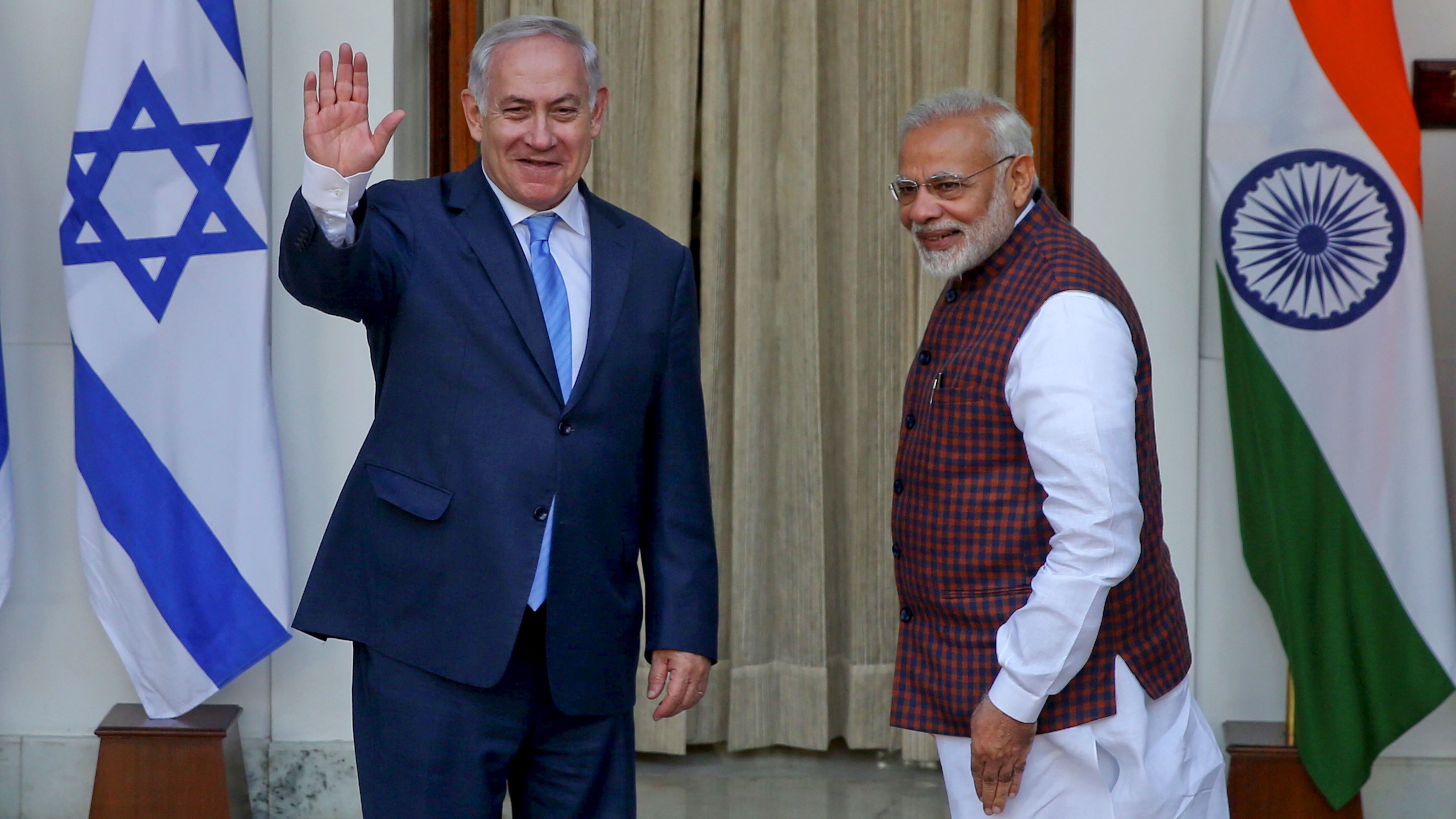
External Affairs Minister S. Jaishankar stated, "We support a ceasefire as soon as possible," highlighting India's position during the India-Gulf Cooperation Council (GCC) Ministerial Meeting for Strategic Dialogue in Riyadh. He underscored that the situation in Gaza is India's "foremost concern" and reiterated the nation's condemnation of terrorism and hostage-taking.
The ceasefire agreement, facilitated by international mediators, has resulted in the release of several hostages held by Hamas. India welcomed this development, with Ruchira Kamboj, India's Permanent Representative to the UN, stating, "We are aware that the immediate trigger was the terror attacks in Israel on October 7, which were shocking and deserve our unequivocal condemnation. There can be no justification for terrorism and hostage-taking." She further called for the immediate and unconditional release of the remaining hostages.
Prime Minister Narendra Modi has been actively engaging with global leaders to advocate for de-escalation and the restoration of peace. He emphasized the importance of preventing regional escalation and ensuring the safe release of all hostages. India's stance reflects its broader foreign policy principles, which condemn acts of terrorism while advocating for peaceful resolutions through dialogue and diplomacy.
The ceasefire has allowed for the delivery of humanitarian aid to Gaza, addressing the urgent needs of civilians affected by the conflict. India has contributed to these efforts by sending 70 tonnes of humanitarian goods, including 16.5 tonnes of medicines and medical supplies, to support the people of Palestine. Kamboj noted that humanitarian pauses in the conflict are a "welcome step" to ensure the timely and continuous delivery of aid.
The international community has largely welcomed the ceasefire, viewing it as a crucial step toward de-escalation. UN Secretary-General António Guterres described the truce as a "symbol of hope" and renewed his call for a humanitarian ceasefire leading to the unconditional release of all hostages and effective humanitarian aid delivery throughout Gaza.
Despite the ceasefire, challenges remain in achieving lasting peace between Israel and Hamas. The underlying issues that led to the conflict require comprehensive dialogue and negotiation. India has consistently supported a two-state solution to the Israel-Palestine issue, advocating for the establishment of a sovereign, independent, and viable State of Palestine living in peace alongside Israel. Kamboj reaffirmed India's commitment to this goal, stating, "We firmly believe that only a two-state solution, achieved through direct and meaningful negotiations between both sides on final status issues, will deliver an enduring peace that the people of Israel and Palestine desire and deserve."
The ceasefire's success depends on the commitment of both parties to uphold the agreement and engage in constructive dialogue. The international community, including India, continues to play a vital role in facilitating discussions and providing humanitarian assistance to those affected by the conflict.
India's longstanding relationship with the Palestinian people is based on deep-rooted historical and people-to-people ties. The country has consistently supported the Palestinian cause and contributed to the building of Palestinian institutions and capacities. Jaishankar emphasized that India has always stood for a resolution of the Palestinian issue through a two-state solution and has increased its support to the United Nations Relief and Works Agency for Palestine Refugees in the Near East (UNRWA).
As the situation evolves, India remains steadfast in its commitment to peace and stability in the Middle East. The government's proactive engagement with regional and global leaders underscores its dedication to facilitating a peaceful resolution to the Israel-Hamas conflict. By advocating for the immediate release of all hostages, condemning acts of terrorism, and supporting humanitarian efforts, India continues to contribute to the broader goal of achieving lasting peace in the region.
